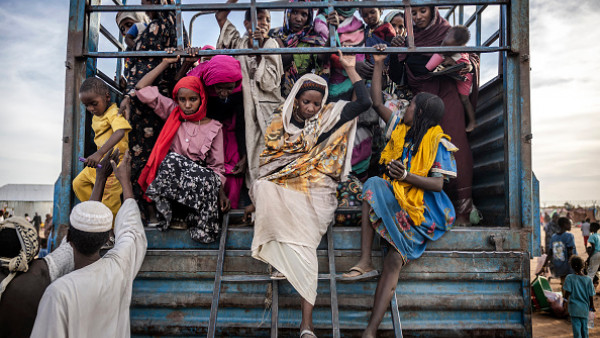A UN expert has said that Sudan’s Darfur region is facing a “growing risk of genocide”.
While the country has already been facing a refugee crisis, intense violence broke out between the Sudanese army and the paramilitary Rapid Support Forces (RSF) for control of the country in April 2023, sparking an ongoing conflict that has gone on for one year.
Tens of thousands have been killed, while around 2.3 million have fled to neighbouring countries. A further 2.22 million perople are internally displaced.
Alice Wairimu Nderitu, the UN Special Adviser of the Secretary-General on the Prevention of Genocide, told the BBC‘s Newsday programme: “We do have circumstances in which a genocide could be occurring or has occurred.”
Despite international calls for a ceasefire, fighting continues in the region. It has intensified in the besieged city of Al Fasher, the North Darfur capital, where Nderitu says many civilians are targeted based on their ethnicity.
Human Rights Watch reported a genocide has been, or is being committed in and around El Geneina, the capital of Sudan’s West Darfur state, with the ethnic cleansing of the Masalit people and other non-Arab communities by the RSF and its allied militias.
From April to November 2023, thousands have been killed, and hundreds of thousands have been left as refugees.
Nderitu also noted the world’s attention is focused on Ukraine and Gaza.
Fighting first broke out as street battles in Sudan’s capital Khartoum, and has spread to other parts of the country, especially in urban areas and the Darfur region.
Sudan War Monitor says control of Al Fasher is “symbolically and practically important” for the army as it’s the last remaining foothold in Darfur, the home region of the RSF.
Over 700 casualties arrived in the South Hospital in the city in 10 days, where 85 died from their injuries, according to Doctors Without Borders.
The city is also running out of food, fuel and medical supplies.


